Kanpai is a Japanese word that means “dry glass of wine.” It means to empty the glass, which is a very literal and fitting word to use when one is about to consume a drink in Japan. This term can also be used as a verb, such as toast or drink a toast.
Continue reading to learn more about the term Kanpai, the different variations of the term, including kampai or kenpai, which one is correct, and which one you should only use at funerals.
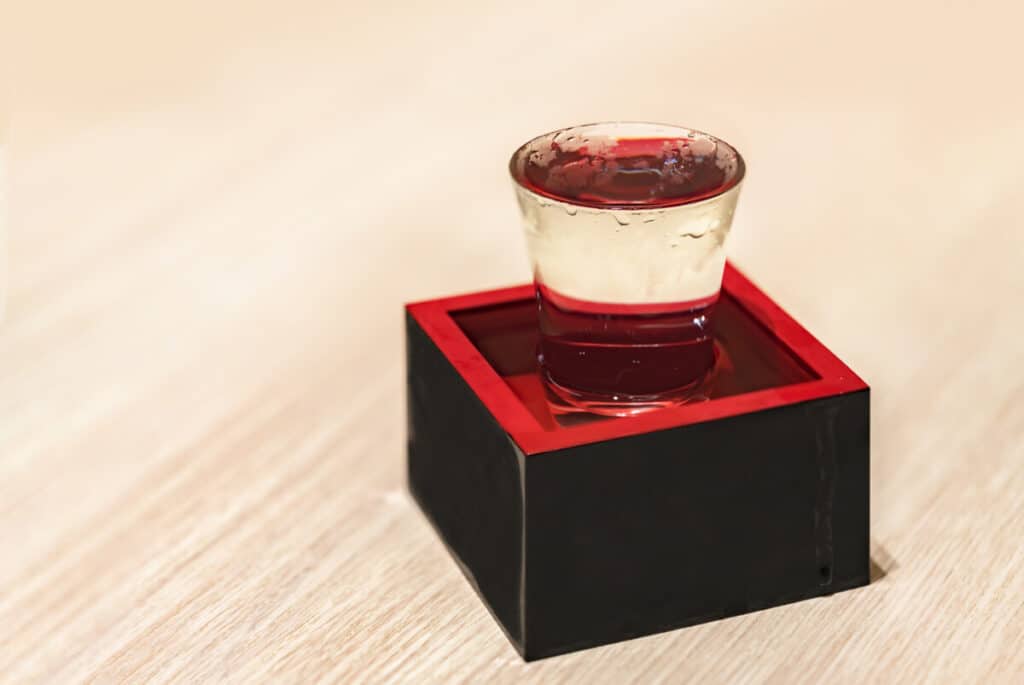
What Does the Japanese Term Kanpai Mean?
Kanpai is a Japanese term for toasting cups that translates to “Cheers” in English. Kanpai used to empty the glass physically. That is, you would have to drink it all at once, but you don’t have to worry about that right now.
Kanpai can also be written or expressed as kampai and hold the same meaning. Making a toast is now considered proper etiquette in Japan. You are being impolite if you begin drinking before saying kanpai. It is used not only for sake but also before sipping any alcoholic beverage.
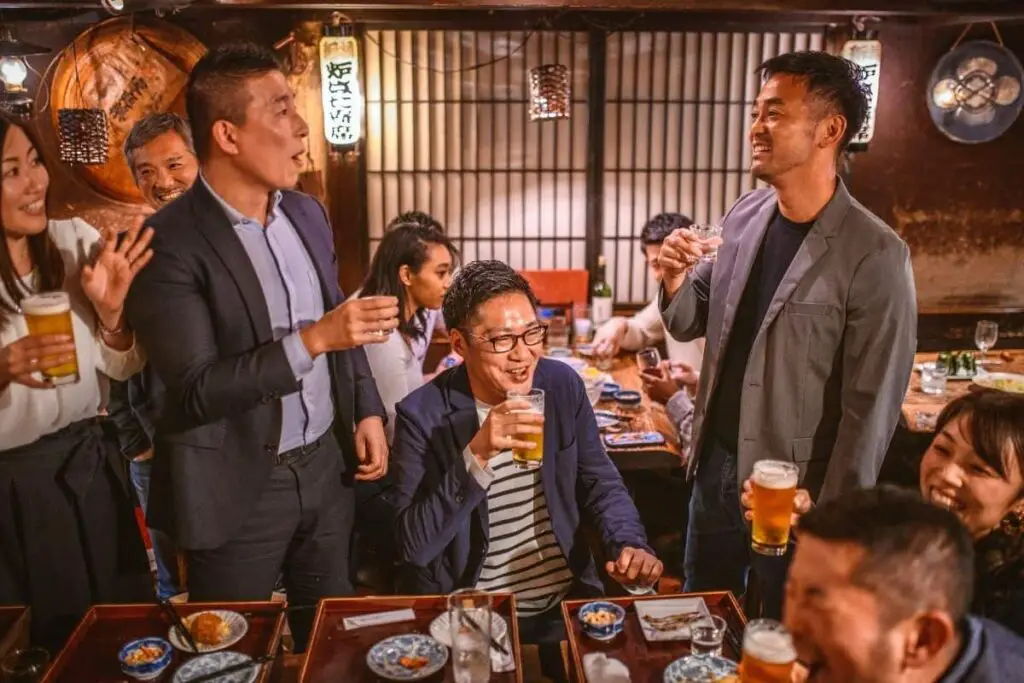
There are no mysteries to the term as it is the same as the English words health or cheers. When people gather, this term is frequently heard at end-of-year festivities known as bounenkai.
This statement is also used during any meeting of friends when there will be a lot of drinking, especially if there will be a lot of drinks consumed over the evening.
When performing a kanpai salute, ensure your glass is lower than the glass of someone in a position of authority over you, such as your boss.
An essential guideline of drinking etiquette in Japan is never to drink alone. Before touching your drink, make sure the rest of the group has received theirs.
Then, before raising your glass and taking the first drink, wait for someone to give a kanpai.
In Japan, How Seriously is Kenpai Taken?
If your supervisor or supervisor takes seniority seriously, or if you’re meeting someone for the first time, it’s best to act in the manner described above.
If your supervisor is a good friend or is unconcerned about such things, you can be more casual, saying Kanpai and carrying your drink in one hand, for example. These good manners are required in business circumstances.
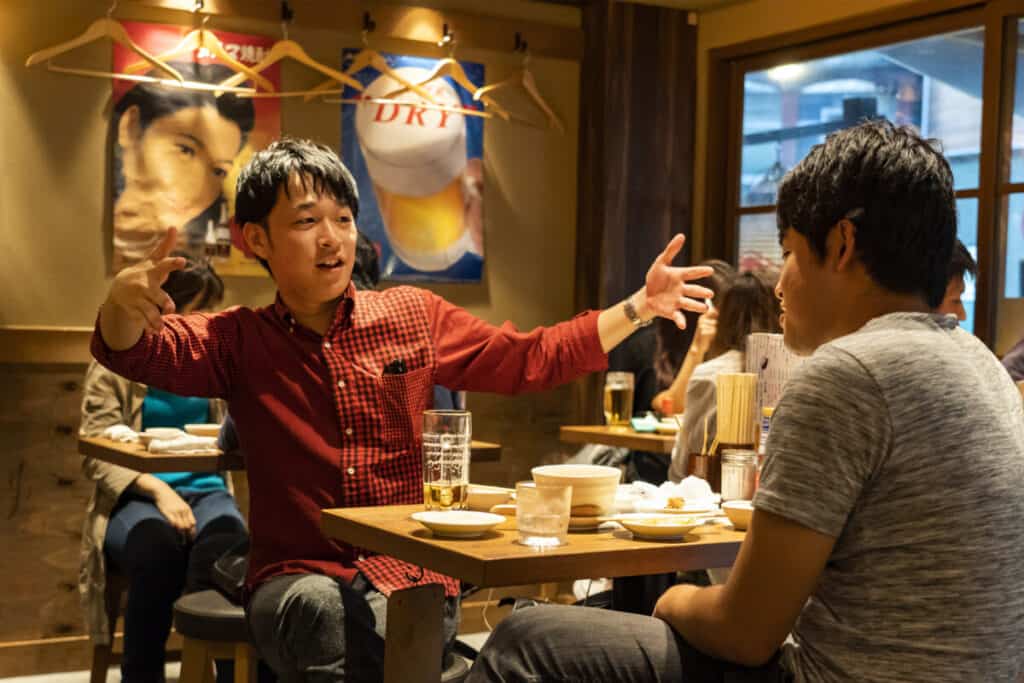
What Is the Purpose of Using Kanpai Before Drinking?
To Exorcise Evil Spirits
In the Middle Ages, it was thought that there were demons in alcohol and that if you drank the alcohol directly, you would be possessed by an evil spirit. People began creating sounds by clinking two glasses together to exorcise bad spirits before drinking to exorcise the spirits.
The sound of “ding!” made by clinking two glasses was thought to drive away evil spirits. However, you should use caution while clinking glasses together, especially wine glasses, which are prone to breaking.
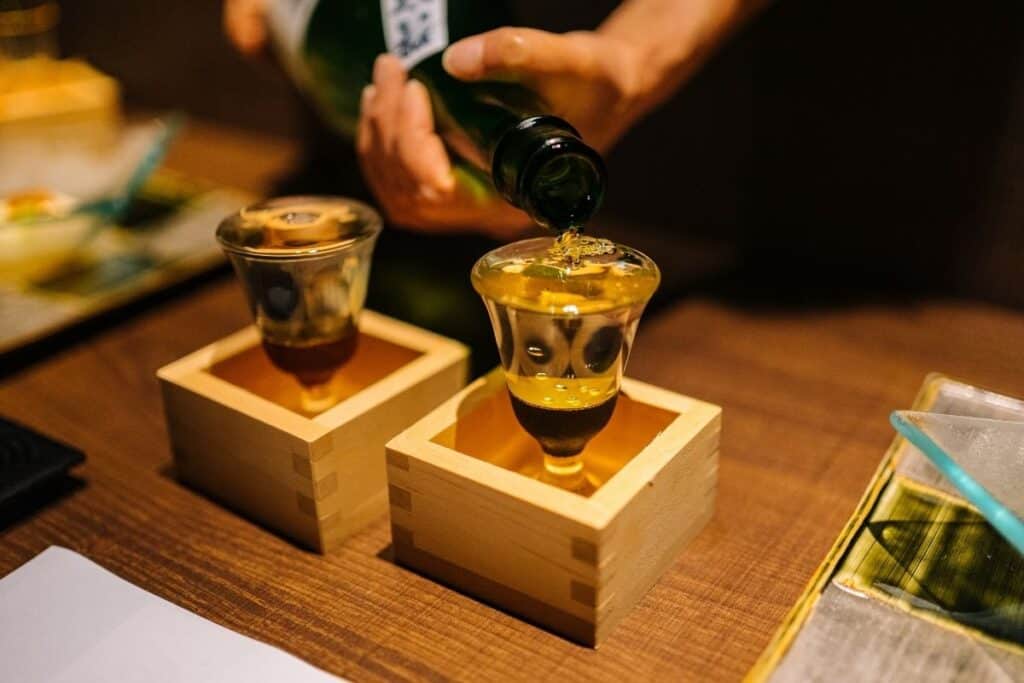
To Check for Poison in Your Drinks
People used to bake toast to test for poison, according to legend. Murder by poison was surprisingly prevalent in ancient Europe. The plan was to plow through dinning with gusto while purposefully spilling wine into other people’s glasses.
They kept a tight eye on the opponent while he sipped his own drink, reassuring themselves that there was no poison in it. If the adversary tastes their splash-filled cup, it’s clear there’s no poison within.
Remember to Use the Term Kenpai When Attending a Funeral
During funerals, the word kenpai is commonly used to salute the departed with respect. If you’re at a funeral and have glasses of beverages, you can rise up and say kenpai without having to toast with other glasses.
So, while going out to drink with friends, be careful not to use kenpai instead of kanpai. Banzai is another term that some people may get mixed up with since it has a similar pronunciation.
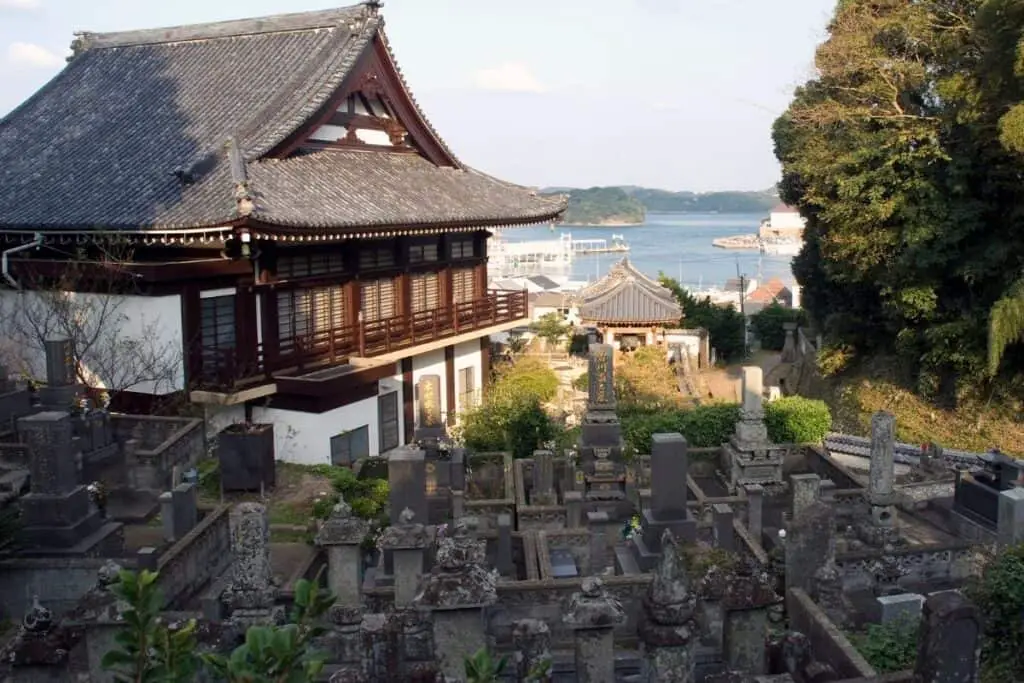
When did Japanese People Begin to Make Toasts Before Drinking?
Japanese people initially began to toast towards the end of the Edo Period.
The Anglo-Japanese Friendship Treaty was signed in 1854 between Japan and England. The British Earl of Elgin traveled to Japan for more treaty discussions. He met Kiyonao Inoue, a Japanese diplomatic colleague essential in the origins of “kanpai” in Japan.
During the party, the Earl of Elgin requested Kiyonao Inoue to offer a toast because it was customary for British people to do so in England.
Kiyonao Inoue abruptly jumped up and yelled “kanpai” loudly; everyone in the British audience enjoyed the word he used, and they couldn’t stop laughing. It was a big hit.
In Japan, Toasting with Water is Considered Unlucky
Before drinking, most people offer a toast, but you must be careful not to make a toast with water.
In general, Japanese people make water gifts to the dead to expect they will not become thirsty in heaven.
Related to this practice, Japanese people think that pouring a toast with water implies saying farewell to loved ones who have passed away. In other words, it’s a sort of send-off to the departed.
If you can’t drink alcohol and are at a drinking party with your friends or a business dinner with customers, make sure you purchase soft drinks before people offer a toast.
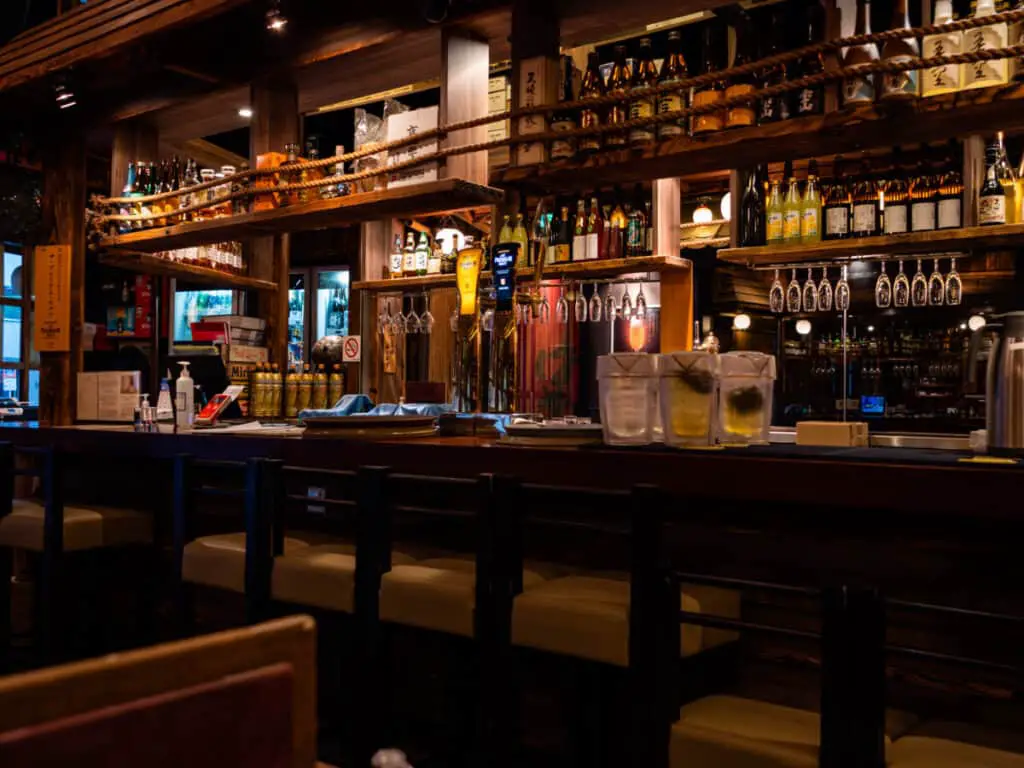
Essential Guidelines for Toasting at a Work Party in Japan
Those who must attend your company’s drinking party should be aware of Japanese business standards about who is in charge of offering a toast. Generally, the person in the third-highest position in the firm or the CEO of the organization makes a toast for everyone.
Corporate norms may determine it, so if you’re wondering, ask your coworkers who should say “kanpai” during your company’s drinking celebration.
How Should One React to Kanpai?
‘Otsukare-sama desu,’ a more formal toast than Kanpai, is preferred. This quality may be applied to business issues as well.
You bow and raise a toast to your customer with ‘Otsukare-sama desu’ or ‘Yoroshiku-Onegai shimasu,’ just as you would to your superiors.
What Should You Drink When You’re in Japan?
In Japan, beer is frequently the beverage of choice for social and commercial activities. Sake is still popular, although whiskey and bourbon have grown in popularity.
Indeed, bourbon is so prevalent in Japan that Japanese corporations are purchasing legendary Kentucky whiskey brands such as Jim Beam, Maker’s Mark, and Four Roses, to mention a few.
Your Japanese colleagues may choose to drink sake with you simply for the sake of the experience. Since at least the 8th century, rice wine has been a significant component of the culture.
What Do You Say Before Drinking Glass of Sake?
The term salud is derived from the Latin salus, which means “health,” “wealth,” or “security.” Outside of the context of “health,” salud is used to say “Cheers!” When toasting beverages, say “To your health!” instead of “Bless you!” when someone sneezes.
Japanese Drinking Customs
When drinking in Japan, avoid pouring your own drink. Allow anyone seated nearby to replenish your glass from their bottle, communal bottles, or a sake bottle.
If you’re drinking the same item, you should reciprocate. Don’t tell them what to drink or attempt to change their mind.
When someone pours you a drink, always return the favor. By the conclusion of the evening, you should have poured a drink for everyone in attendance.
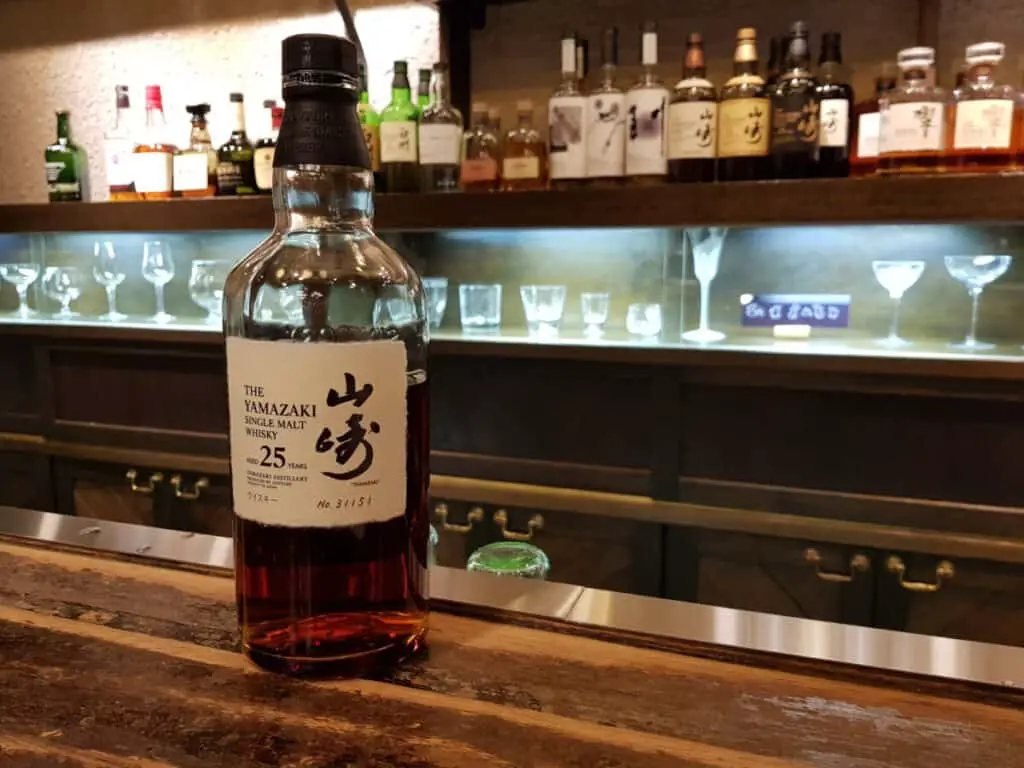
Typically, the younger or lower-status members of the group or honored guests pour first for the older members of the group or honored visitor.
During business meetings, hierarchies are obvious. When placing business cards on the table, they should always be face up and treated with care.
What if You Are Unable to Drink any Longer?
It’s unavoidable that your alcohol limit will hit an end and, while others in the session may be disappointed to see you go, there’s little chance you’ll be chastised for it. It would be a massive violation of etiquette to shame anybody for their lack of tolerance.
When you’ve reached your limit and are unable to drink any farther, simply stop. Keep your glass full so that no one will continue to refill it for you.
You can still raise your glass during toasts and pretend to take a little drink, but others will notice or may not notice when your glass no longer requires refilling.
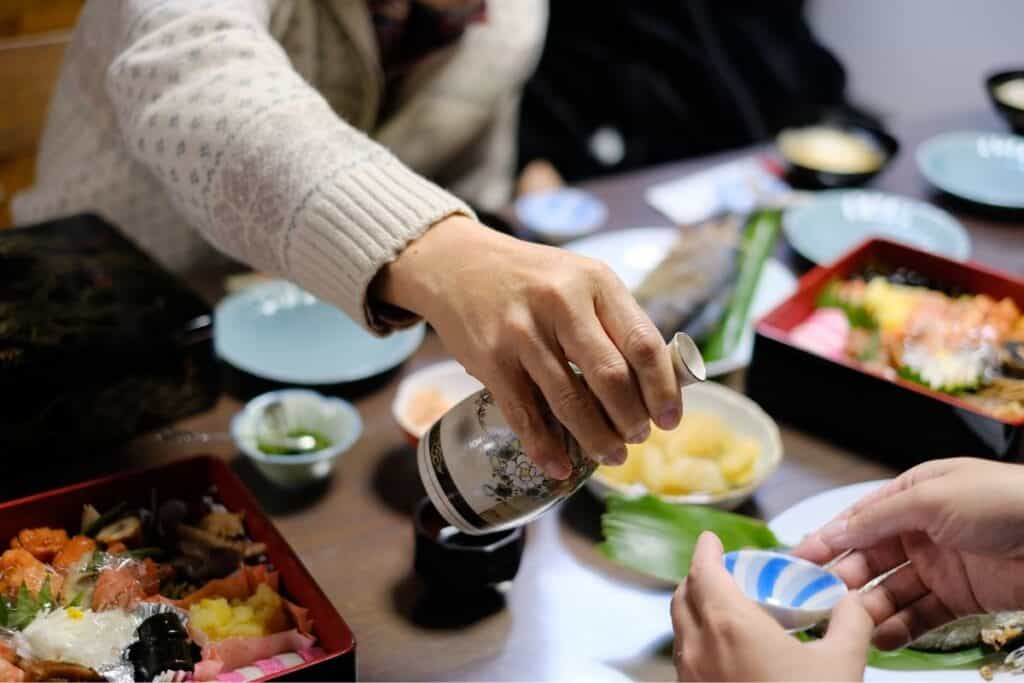
What is the Legal Drinking Age in Japan?
In Japan, the legal drinking age is 20. While the drinking age varies per nation, you’re allowed to drink in Japan as long as you’re over the age of 20. Just be sure you have your passport with you for identification.










